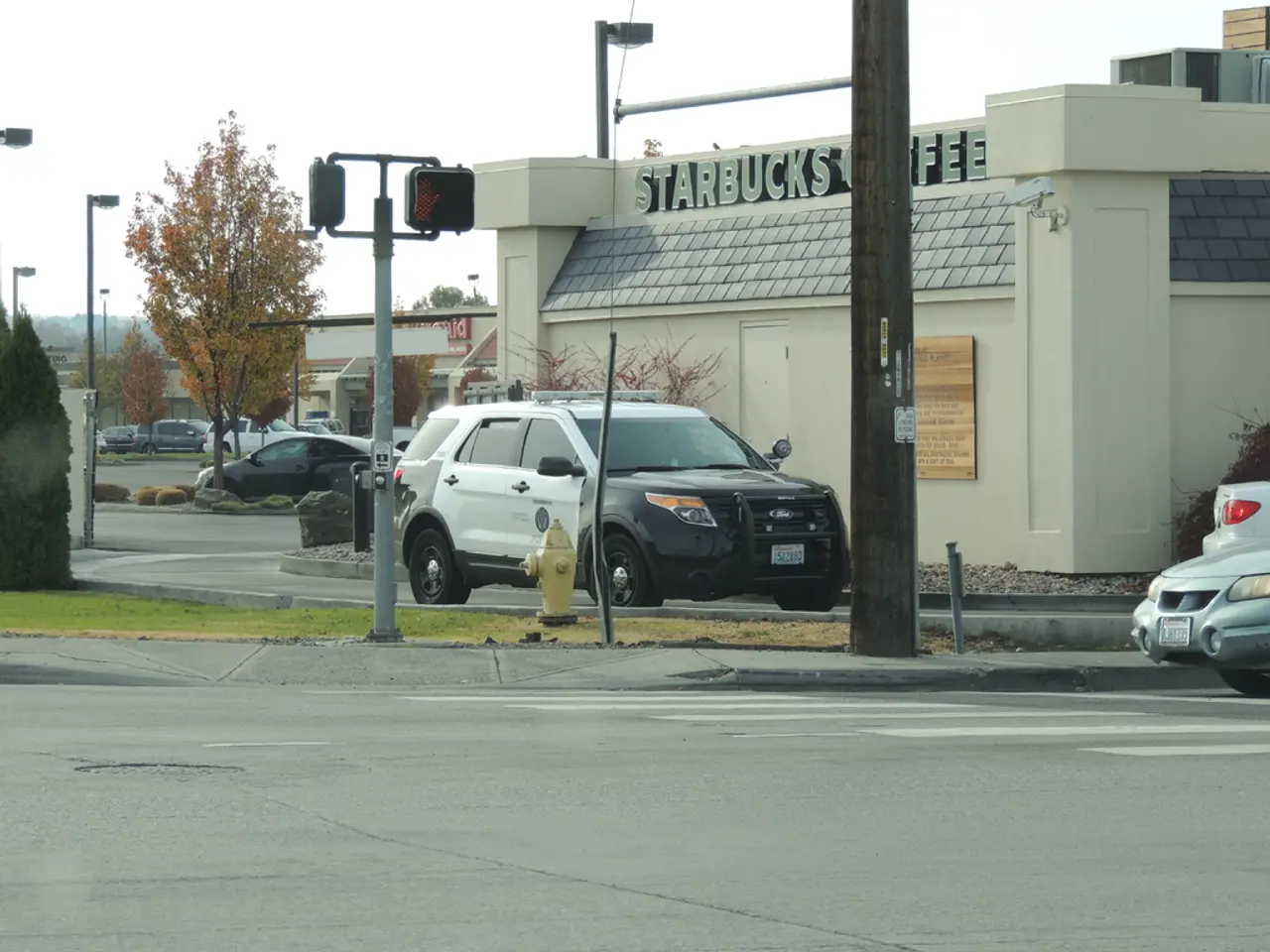Escaping the city rush during summer vacation
**Summer Holidays Approach: Navigating Germany's Busiest Roads**
Summer holidays are fast approaching for many in Germany, and with the freedom to travel comes the potential for traffic congestion on popular routes and hotspots. Here's a guide to help you navigate the busiest roads and avoid traffic jams during your journey.
**Expected Traffic Jam Hotspots**
1. Major Autobahns like the A1 (Hamburg to Cologne), A3 (Frankfurt to Munich), and A9 (Berlin to Munich) are likely to experience traffic congestion, especially during weekends and peak travel times.
2. Routes leading to the Bavarian Alps and the Romantic Road, such as the A7 and A8, can be congested due to tourist traffic heading to popular destinations like Rothenburg ob der Tauber and Neuschwanstein Castle.
3. The North Sea and Baltic Coast roads, particularly the A1 and A7, will be busy as many Germans vacation in these regions during the summer.
4. Major city centers like Berlin, Munich, and Hamburg may experience increased traffic due to tourists visiting popular attractions and events.
**How to Avoid Traffic Jams**
1. **Plan Ahead**: Use traffic apps like Waze or Google Maps to stay updated on traffic conditions and plan your route accordingly.
2. **Travel During Off-Peak Hours**: Avoid traveling during peak hours (usually Friday evenings and Sunday afternoons) when possible.
3. **Alternative Routes**: Consider using alternative routes or taking a detour if you notice heavy traffic on your planned route.
4. **Public Transportation**: For city visits, use public transportation to avoid traffic congestion in urban areas.
5. **Rest Stops**: Take regular breaks at designated rest stops to relieve driver fatigue and avoid the temptation to drive aggressively.
6. **Avoid Unnecessary Stops**: Refrain from stopping at popular tourist spots during peak hours; instead, visit them early in the morning or late in the evening.
7. **Roadside Assistance**: Keep emergency contact numbers handy in case you need assistance.
8. **Form Emergency Lanes**: In case of an emergency, form emergency lanes early, even in stationary traffic, to allow emergency vehicles to pass quickly.
9. **Good Preparation**: Proactive planning can help avoid surprises, including regular breaks, sufficient drinks, and entertainment options for children on longer journeys.
10. **Stay Informed**: Regular updates are important for built-in navigation systems to ensure they account for current traffic changes. Checking road closures and planning detours is advised before travel, as navigation devices may not account for unexpected closures.
11. **Consider Weekday Travel**: If possible, schedule holiday trips for Monday to Thursday to avoid the heaviest traffic.
As the summer holidays approach, it's essential to stay informed, plan ahead, and be flexible. With good preparation, flexible travel planning, and consideration for other road users, you can help make the start of the summer holidays less stressful, even with full roads.
For those who can only travel on weekends, it's advised to avoid rush hour and depart as early in the morning or late in the evening as possible. The ADAC Hesse-Thuringia has warned of strong traffic congestion from Friday afternoon, July 4, with long traffic jams expected on the A3, A5, and A7 over the weekend, particularly for travelers from Hesse. The motorway company expects a significantly increased traffic volume over the coming weekend due to the holidays.
Stay safe and enjoy your summer travels!
In the bustle of summer holidays, navigating Germany's busiest roads can be a challenge. To enhance your travel experience, consider adopting a lifestyle that prioritizes planning ahead, taking alternative routes, and avoiding peak hours. Moreover, just as you might enjoy exploring new destinations through travel, ensure your car journeys are enjoyable by utilizing traffic apps, being flexible, and staying informed about road conditions.




